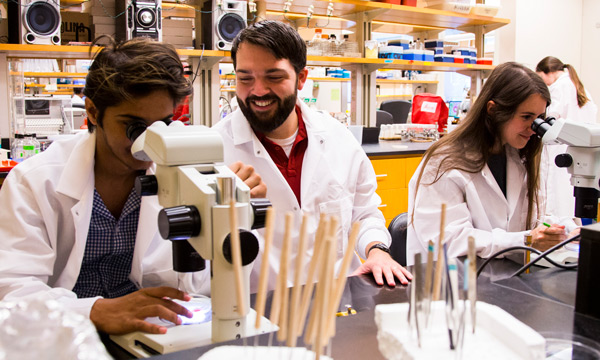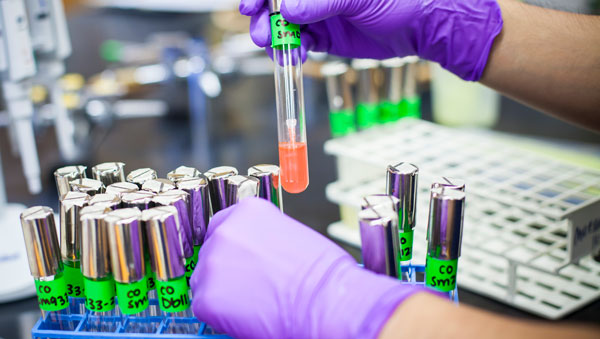Subra Kugathasan, MD
 |
(he/him) |
Marcus Professor, Division of Pediatric Gastroenterology, Hepatology, and Nutrition, Department of Pediatrics, School of Medicine
Professor, Department of Human Genetics, School of Medicine
Graduate Programs
- Full Member - Genetics and Molecular Biology
- Full Member - Population Biology, Ecology, and Evolution
Education
MD, University of Colombo, 1985Contact Information
Email: skugath@emory.edu
Phone: 404-727-4542
Address:
Health Sciences Research Building, Room E263
1760 Haygood Drive NE
Atlanta, GA 30322
His research interests include:
To determine and identify genetic associations in very young onset IBD in comparison to those found in older patients with adult onset disease. In particular, to identify high effect, highly penetrant but rare variants that cannot be identified by genome wide association studies.
Genome wide association studies of IBD in African Americans with IBD and the use of latest generation sequencing technologies to comprehensively ascertain variation that predispose or confer IBD risk to both African Americans and Caucasians.
To identify susceptibility and modifying through Genotype, serotype, bacteriotype and gene expression studies in carefully and prospectively identified incident cases of early onset IBD. This would lead to risk stratification and personalized medicine in IBD.
Transcriptomics including single cell RNA sequencing of human gut as part of the GUT ATLAS project
Risk stratification and personalized therapy approaches using genomic in IBD
Integrative multi-omic risk assessment at diagnosis and during disease progression in African-Americans with inflammatory bowel disease
Funding Agency: NIH
Project Dates: 09/01/2022 to 09/30/2026
Clinical, imaging, and endoscopic outcomes of children newly diagnosed with Crohn’s disease (CAMEO)
Funding Agency: NIH
Project Dates: 12/01/2022 to 11/30/2027
Population-based characterization of Metabolic Pathways to predict Pediatric Crohn's Disease Outcomes
Funding Agency: NIH
Project Dates: 08/01/2022 to 08/31/2027

Ranjit Pelia (he/him)
Genetics and Molecular Biology
Entrance Year: 2022
Topic: Synthetic Biology, Chromatin Engineering, ncRNAs, Transcription Factors, Epigenetic
Kalifa Shabazz
Genetics and Molecular Biology
MS, 2020
Hari Somineni
Genetics and Molecular Biology
PhD, 2019
"Biological Insights from Integrative Genetic and Epigenetic analysis of Inflammatory Bowel Disease"





